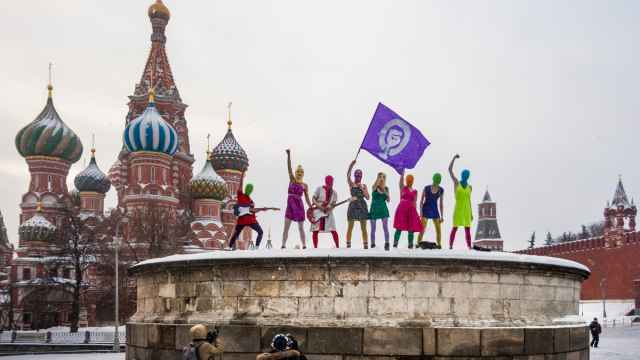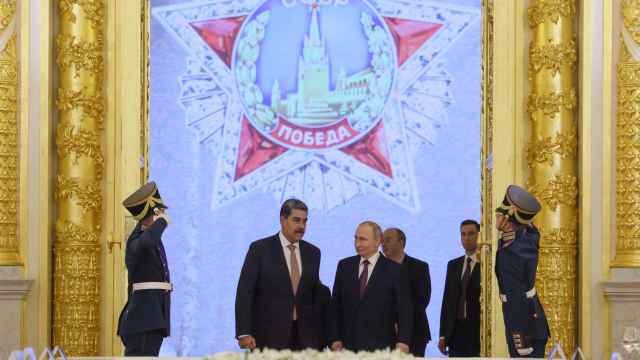Ambassador Michael McFaul's first steps on arrival in Moscow were marked by a scandal in the State Duma, the media and elsewhere.
McFaul's record is well-known and pretty illustrious. He is one of the best Russia specialists in the United States. But as a diplomat, McFaul is responsible for acts and situations for which he would presumably hate to be held accountable for.
Yes, McFaul likes to meet with Russian opposition figures, however, meeting them on the second working day at his new post and in the middle of a highly emotional Russian presidential campaign is provocative any way you look at it.
After that ill-fated meeting, McFaul has been saying to all who will listen that he had nothing to do with it, that he was merely accompanying his boss, Deputy Secretary of State William Burns, that he kept silent throughout that meeting.
Burns is a highly qualified U.S. diplomat with extraordinary experience and background in Russian affairs. Even if he had a high fever that day, he has better judgement than to provoke a conflict with the same Kremlin leaders with whom Washington would have to deal at least for the next six years.
That leaves Burns' boss, Secretary of State Hillary Clinton, who may have ordered the meeting with the opposition as a poke in Prime Minister Vladimir Putin's eye to get back at him for his claim on television that the recent rallies in Moscow were inspired and supported by Clinton.
These intrigues do not augur too well for McFaul's career in Moscow. New proof of this came with certain aspects of U.S. President Barack Obama's recent State of the Union address. McFaul had confidently predicted that in Obama's address, he would announce Russia's graduation from the infamous Jackson-Vanik amendment. This did not happen despite McFaul's strong recommendation — perhaps because Obama did not want to enter into another fight with Congress over this matter.
If McFaul's first week on the job is any indication of U.S.-Russian relations in the next few years, we may be in for a rough ride.
Edward Lozansky is president of the American University in Moscow.
A Message from The Moscow Times:
Dear readers,
We are facing unprecedented challenges. Russia's Prosecutor General's Office has designated The Moscow Times as an "undesirable" organization, criminalizing our work and putting our staff at risk of prosecution. This follows our earlier unjust labeling as a "foreign agent."
These actions are direct attempts to silence independent journalism in Russia. The authorities claim our work "discredits the decisions of the Russian leadership." We see things differently: we strive to provide accurate, unbiased reporting on Russia.
We, the journalists of The Moscow Times, refuse to be silenced. But to continue our work, we need your help.
Your support, no matter how small, makes a world of difference. If you can, please support us monthly starting from just $2. It's quick to set up, and every contribution makes a significant impact.
By supporting The Moscow Times, you're defending open, independent journalism in the face of repression. Thank you for standing with us.
Remind me later.





